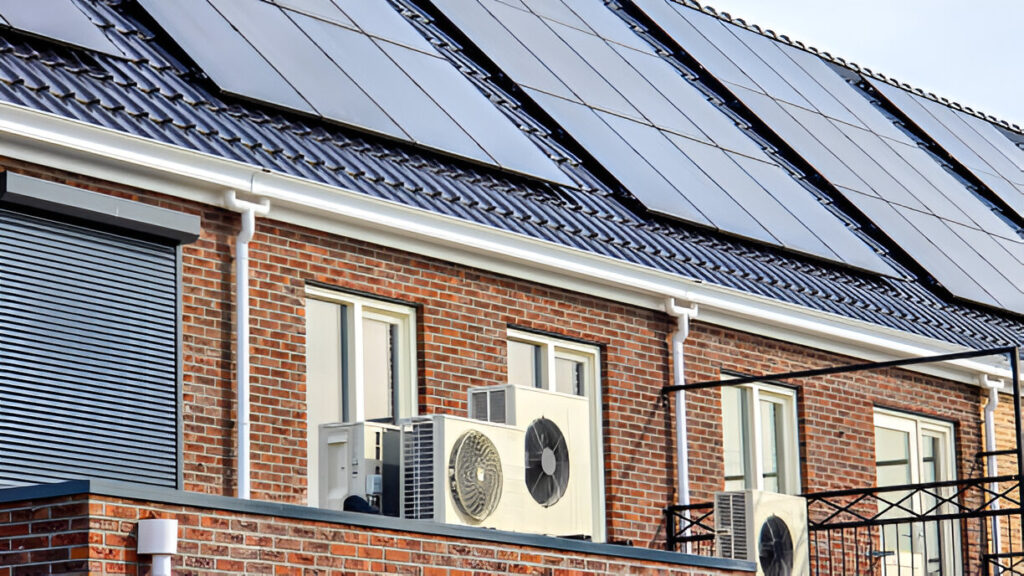In the ever-evolving world of retail, refrigeration technology plays a pivotal role in shaping consumer experiences and ensuring product freshness. The landscape of retail refrigeration has undergone a significant transformation over the years, driven by advancements in engineering and a heightened awareness of sustainability. Modern stores are now equipped with innovative solutions that enhance cooling efficiency while meeting the growing demand for environmentally friendly practices.
A Shift Towards Sustainability
In the retail refrigeration service industry, the push for sustainability has dramatically influenced practices and technology. Retailers are increasingly aware of their carbon footprint and are seeking ways to reduce energy consumption while maintaining optimal temperature controls. As a result, innovative refrigeration systems are being developed with a focus on minimizing energy use.
For instance, energy-efficient compressors and heat recovery systems are gaining traction. These systems can harness excess heat from refrigeration units, repurposing it for space heating or water heating. This not only lowers energy costs but also contributes to a smaller environmental impact. Additionally, modern refrigeration units now often use natural refrigerants, such as propane and CO2, which have a significantly lower global warming potential compared to traditional refrigerants. By adopting these sustainable solutions, retailers can both improve operational efficiency and reduce their environmental footprint.
Advanced Temperature Control
Technological advancements have led to enhanced temperature control within refrigeration units. Smart thermostats and advanced monitoring systems enable retailers to maintain precise temperature settings, ensuring that perishable items remain fresh and safe for consumption.
With real-time data collection and analysis, retailers can monitor the performance of their refrigeration systems remotely. Alerts can be sent to managers if temperatures deviate from set parameters, allowing for immediate action to be taken before product spoilage occurs. This proactive approach not only reduces waste but also improves overall customer satisfaction by ensuring that high-quality products are consistently available.
Modular Refrigeration Solutions
The rise of modular refrigeration systems has also revolutionized the way retailers manage their cooling needs. Unlike traditional centralized systems, modular units can be installed in various configurations throughout the store. This flexibility allows retailers to customize their refrigeration setup based on specific layout requirements and space limitations.
These modular solutions can be easily expanded or reconfigured as business needs change, making them an attractive option for growing businesses. Furthermore, they often come with built-in energy-saving features, such as variable speed compressors and integrated controls, which enhance operational efficiency.
Innovative Display Cases
The design of display cases has evolved significantly, focusing on both aesthetics and functionality. Modern glass-fronted refrigeration units provide customers with clear visibility of products while maintaining the necessary cooling conditions.
Innovative lighting solutions, such as LED lights, not only illuminate products effectively but also contribute to energy savings. Advanced airflow designs help maintain consistent temperatures throughout the display case, ensuring that products remain at optimal freshness. These modern designs enhance the shopping experience, drawing customers in with visually appealing presentations of fresh goods.
Integrating Technology for the Future
The integration of Internet of Things (IoT) technology is transforming retail refrigeration into a more intelligent system. Smart sensors and connected devices allow retailers to monitor their refrigeration units in real-time, providing valuable insights into performance and maintenance needs.
This technology enables predictive maintenance, where potential issues can be identified before they lead to equipment failure. Retailers can schedule service visits during off-peak hours, reducing downtime and ensuring continuous operation. Moreover, the integration of IoT can streamline inventory management by providing data on stock levels and expiration dates, enabling retailers to optimize their stock and reduce waste.
Final Thoughts
The evolution of retail refrigeration technology showcases a commitment to innovation and sustainability within the industry. From energy-efficient systems and advanced temperature control to modular solutions and IoT integration, the advancements in refrigeration are not only enhancing operational efficiency but also improving the customer experience. As the retail landscape continues to evolve, these innovative engineering solutions will play a critical role in meeting the demands of both retailers and consumers alike. Investing in modern refrigeration technologies will undoubtedly lead to a fresher, more sustainable, and more efficient shopping environment for everyone.

